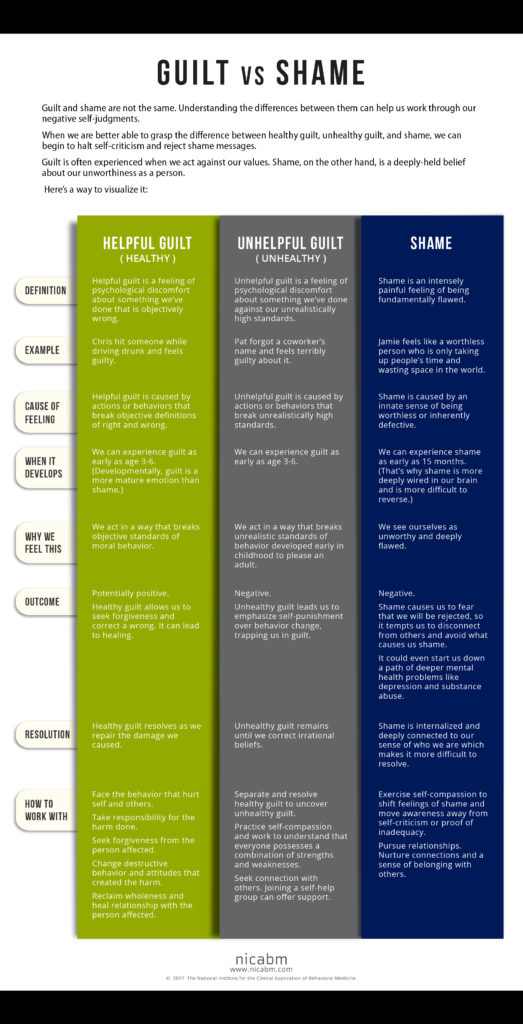There are still many parents who think it is valid to use guilt to educate, believe that reward and punishment are the basis of good training, that may be true, especially at a very young age, but it must also be understood that this is a step to take.
Guilt causes emotional discomfort. He was born of a symbolic and social sanction, but guilt carries no responsibility. It also does not promote autonomy, nor does it allow everyone to freely choose the values they believe in or not. When guilt is used to educate, it is not actually educated, but the child is conditioned.
“By ignorance is descending servitude, by education, freedom is high. “Diego Luis Cerdoba.
It is true that the use of guilt to educate increases your control over the child, making it easier for an authoritarian parent to work. The little one is filled with fears, moral conditionings and, as a result, becomes more manageable, obeys more easily because his will weakens. It’s less out of the ordinary, because the fear of doing so is very strong. Then you will become a docile person, but neither free nor happy.
A child needs advice, but it should be offered in terms that allow him or her to reassert himself. The guilt used to educate does the opposite: it gives the child the feeling that what he does, feels, desires, or thinks is not acceptable.
Let’s look at this with an example to better understand it. The child does not want to eat vegetables, its flavor usually has a bitter touch that he does not like, from a perspective that uses guilt to educate, you will say that a good child should eat what is served, without protesting. who seeks to reassert himself, will say that champions eat vegetables because they bring a lot of strength.
No child acts to irritate their parents. Otherwise. What she wants is to please them and make them feel good about herself. Emotional immaturity is what leads them not to conform to certain precepts or norms. What needs to be done is to help them understand the reason for these precepts.
Educating is not teaching a child to obey the rules blindly, educating guilt leads to precisely this. This leads the child to believe that it is necessary to act according to what the authority figures determine, which makes him think that the numbers are indisputable and that questioning him leads to immoral behavior.
What is achieved is to mark a break between will and duty, it is the latter that must always prevail. But the most serious thing is that this approach contributes to the deterioration of critical capacity, so there is never a real awareness of the facts.
There is an awareness of freely choosing how to act, when it is the right reason that determines what is good and what is bad. If a person has a wide range of consciousness, it can hardly be manipulated, reduced, or used. is constantly conditioned by guilt, does not value its reasoning, it always depends on the approval of an authority to act.
At birth, human beings are self-centered. For a baby and a toddler, there’s no way to see the world beyond your own needs. Right now, the role of parents is basically to meet these needs and allow the child to feel safe. This will sow a seed of confidence and self-esteem.
With the weaning and control of the sphincter begins the long path of insertion into a normative framework, that is, in a culture, it is obvious that limitations and restrictions cause frustration and therefore rejection, the child has difficulty assimilating what the world does not begin or end with. This creates frictions that, in any case, should not lead to the use of guilt to educate.
In this long process of development, the ideal is that parents teach the child to think according to the consequences of their actions, for this it is important that they help them to recognize their emotions, their desires, their limitations and the reasons for the themselves. The margin for you to learn to choose, to decide, must be implemented gradually, these processes never occur perfectly, as long as the intention to maintain them is authentic and constant.

